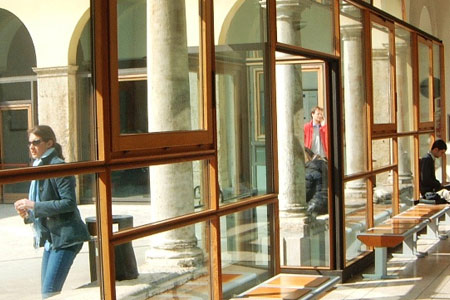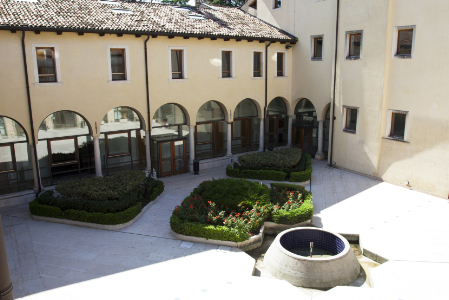The EUFam’s project (JUST/2014/JCOO/AG/CIVI/7729) aims at researching European Union private international law of family and successions and at disseminating project findings, news, and general information on these matters. The EU and international systems of private international law in family matters have progressively extended its scope from divorce and legal separation (EU regulations 2201/2003 and 1259/2010) to the financial aspects of family life (maintenance obligations regulation, 2007 Hague maintenance protocol, 2007 Hague recovery convention, and successions regulation). The EU system approached a further extension after the adoption of the twin regulations on property regimes in respect of marriage and of registered partnerships. The objective of all these regulations and conventions is to increase legal certainty, predictability and party autonomy with the ultimate goal of removing the obstacles to the free movement of persons. However, at the same time, uncertainties arise from their combined application. Indeed, the legislation on these aspects is spread out in multiple regulations that regulate in a fragmentary, yet interconnected, manner relationships of a different nature. To this aim, the partners of the project are called to assess the effectiveness of the actual functioning of such regulations and conventions with regard to the goals mentioned above, and identify the paths that allow further improvement of such effectiveness.
This project aims at identifying the difficulties met by courts and practitioners in applying the provisions laid down in the regulations, and assessing the solutions adopted by courts and practitioners; comparing the solutions adopted in the different Member States involved in the project; facilitating the dialogue between legal operators and the development of a common expertise; identifying possible uniform best practices; suggesting models of concrete tools available to courts and practitioners, as well as to the end-users themselves; formulating policy guidelines for future regulations and/or amendments to the current regulations, and submitting them to the EU legislator with a view to taking further steps in the direction of removing the current obstacles to the free movement of persons in the European area of freedom, security and justice.
The project is coordinated by the University of Milan and the other international partners are the Universities of Verona, Heidelberg, Osijek, Valencia, the Max Planck Institute Luxembourg for International, European and Regulatory Procedural Law, the Italian and Spanish Associations of Family Lawyers and the Italian and Croatian Judicial Academies.







